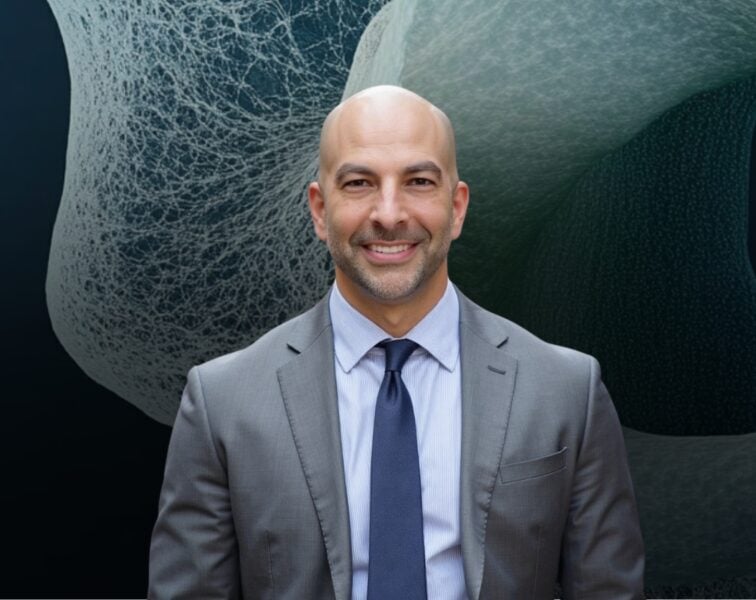This video clip is from AMA #25: Navigating the complexities and nuances of cancer screening, originally released on July 26, 2021.
If you’re a subscriber, you can listen to this full episode on your private RSS feed or on our website at the AMA #25 show notes page. If you are not a subscriber, you can learn more about the subscriber benefits here.
Show Notes
The importance of cancer screening [1:15]
Addressing the first question: How do you think about cancer screening?
Longevity has these two components—they’re not independent—but sometimes, it’s helpful to think about them in isolation:
- Lifespan—How do you live longer?
- Healthspan—How do you live better?
- Major diseases that rob a person of lifespan include cancer, atherosclerotic diseases, and the diseases of dementia and neurocognitive decline
- The latter two go more hand in hand with the reduction in health span
- By definition, when a person has Alzheimer’s disease, their quality of life i.e. their cognition) is also deteriorating–So they’re experiencing both the slide in quality of life and eventually length of life
- Similarly in people that have advanced atherosclerosis, a lot of times the reduction in the ability to carry out activities of daily living kind of moves more hand in hand with that
- In the case of cancer, health span decline is a little less the case
- Age is the greatest risk factor for cancer just as it is for the other two diseases
- But in some ways it’s a little bit easier to think of cancer in isolation from the health span stuff
- if you’re trying to imagine a world in which you can live longer… that means living in a world where we delay the onset of chronic disease and/or have better tools to live longer with chronic disease
- Peter much more favors the former option (i.e., delay) because we’ve basically spent most of the history of modern medicine working on the latter option with very, very limited success.
Screening
- One of the pillars of longevity is minimizing mortality from cancer
- So where does screening fit into this?
- Screening is one of three pieces
- First piece would be, how do you prevent cancer?
- The second thing would be, how do you screen for cancer and detect it early?
- And the third is, how do you treat it when you have it?
Focusing on the prevention piece…
- Why does Peter believe that screening is an important pillar?
- The simplest explanation for why screening matters is the evidence that suggests that a cancer that is caught earlier is easier to treat than a cancer that is caught later
- For instance, if you catch a breast cancer or a colon cancer when there are tens or hundreds of millions of cancer cells, your odds of treating that successfully are better than if you catch the same cancer years later, when there are billions of cells
- The evidence for that basically comes from examining how patients respond to the exact same drugs in the adjuvant setting versus in the metastatic setting
- The adjuvant setting is when a drug is given to a patient who has no visible cancer
- So if you believe that they have microscopic disease that remains, and you give them a drug like Herceptin for a HER2/neu positive breast cancer
- If you compare the outcomes of those patients to the outcomes of patients who are given the exact same drug for the exact same phenotype and genotype of the cancer, but in the metastatic setting, there’s no comparison in the outcomes
- Possible explanation for the difference in success rates:
- One explanation for that may be that the cancers that have been around longer have developed more mutations
- It is therefore Peter’s belief that the more we can do to screen for cancer and catch it earlier, the better we will be
Screening frequently comes with a price:
- We pay a financial price for that
- And we pay potentially an emotional price
- We have to now get into false positives and false negatives
Looking at five-year survival stats…
- Take breast cancer—If you catch it early and it’s a local cancer and it hasn’t metastasized, the five-year survival rates are 99%
- But for metastatic breast cancer, five-year survival is about 28%



